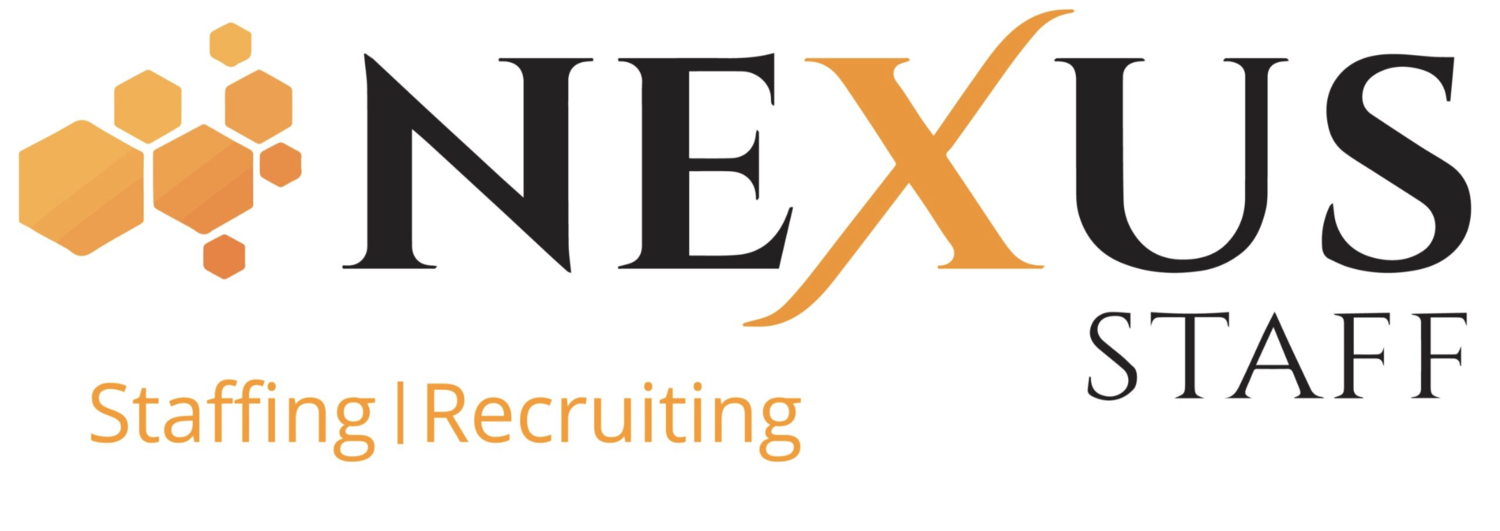Six Tips For Finding A New Job While Still Employed
Looking for a new job while still being employed at an existing role can be exhausting, causing many job seekers to either lose motivation during their search, risk becoming burned out at a job they just don’t like, or quit their current position without the next one lined up. However, despite these situations, it is best to stick with a job until there is an official offer from a new one. In the event that the job search goes on longer than expected or an offer falls through, it's best to have something to fall back on.
Whether you've recently found yourself struggling to keep up with this balancing act or if you’re looking to keep your search a secret from your current employer, keep reading for six tips on searching for a new role while still employed.
Search for a job at your current company
Before you look elsewhere for a new role, think of what it really is that needs to change about your current position. If you find yourself seeking more responsibilities, a pay increase, or maybe even a desire to work in a different department, you may actually want to search for your next role at your same company. Think of it this way – you already know the organization well and have formed connections with the people you work with. Therefore, these aspects lessen the amount of research you may need to do and give you proven experience to speak about throughout the hiring process. In turn, this will save you time and energy to prepare your application.
Of course, if the reason you’re searching for a new role in the first place is because of your current organization's culture or the environment of your workplace, merely trying out a new position will likely not change much. Instead, take a look at the remaining five tips to make the jump to a completely new company.
Search for a role on your own time
If you’ve decided to make the leap to a new company, you’ll still want to show respect for your current employer by conducting your job search on your own time. Not only does this communicate your professionalism, but it also makes the most sense in order to ensure you are giving both responsibilities your all. For example, although it can be tempting to start researching a new role or making necessary edits to your resume while multitasking responsibilities at your current role, while doing this, it can be easy to overlook important aspects of your hiring materials or of the task you’re supposed to be working on. In addition, if you haven’t shared the news of your job search with everyone just yet, it will be easier to relax if you’re saving your search for your free time, rather than trying to sneakily hide your open tabs when sharing your screen or when a coworker walks by.
Plan your interviews around your current schedule
Similar to saving your searching for when you are available rather than on the clock, do the same when you schedule interviews. If it’s possible to pick your interview time, plan either before or after work or during predetermined breaks such as your lunch time or even scheduled days off, rather than trying to complete an interview during work hours. This will help you feel more prepared and ensure you do not feel the need to rush through your interview for the sake of getting back to work on time. This also shows respect for your current organization and shows your prospective new one that you take each role you are put into seriously.
Use your own devices and contact information
In the event that your current organization tracks your computer or cellphone usage, you’ll want to use your own personal devices to conduct your job search, apply for roles, or contact recruiters and hiring managers. This also means you should be using your own personal contact information on your hiring materials such as your phone number and email. If your current employer is able to see who you are contacting or being contacted by, it may raise suspicion. Additionally, after stepping down from your current position, you may lose access to your work accounts, which could make it hard for employers to reach you regarding future openings.
Carefully choose references
When it comes to choosing job references, you’ll want to pick someone that can speak on your behalf in order to explain why you would be the ideal candidate for a role. This means someone that has been able to observe your strengths and past experiences. Oftentimes, it's best to choose someone who has recently had this pleasure in order for prospective employers to get the most up-to-date information. However, if you're not sharing your job search with your current employer, finding a reference can be tricky. If this is the case, try choosing someone from your previous position, a connection at the organization you will be applying to, or even an academic advisor or professor for entry-level positions.
For more information on making your pick, check out our post Five Tips For Choosing Job References.
Reach out out to a recruiter
Searching for a new role to apply to can sometimes feel like a job in itself. It takes time and effort to research roles and organizations that meet or exceed your expectations. However, working with a recruiter streamlines your job search by finding curated positions with trusted employers. Contact Nexus Staff today and we’ll connect you with a professional recruiting expert trained to help you find your next role, so you can put your worries aside.








